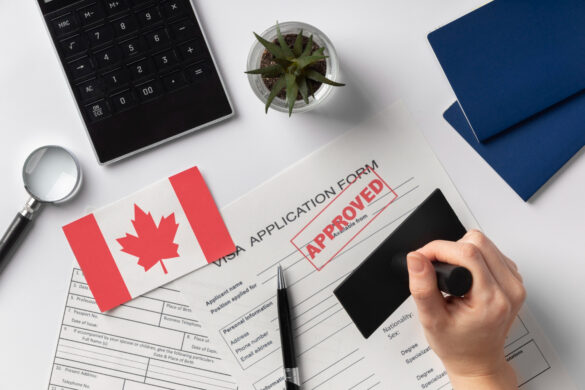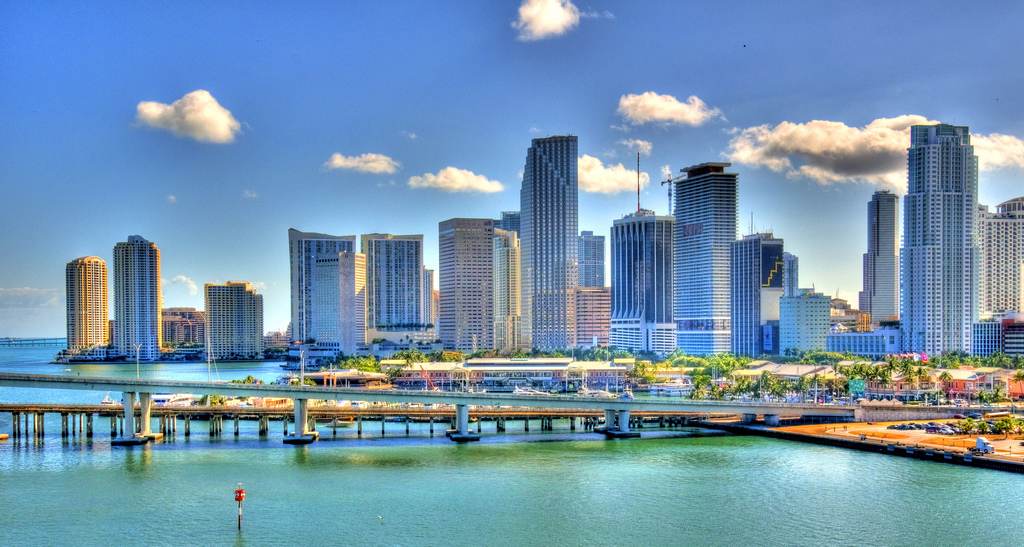Why Smart Travelers Use Temporary Flight Bookings for Visa Applications
Getting a visa approved can feel overwhelming when you’re staring at that long list of required documents. Embassy websites make it sound straightforward enough, but then reality hits. You need proof of onward travel, but booking actual flights before knowing if your visa gets approved? That feels risky, especially when those tickets can cost hundreds or even thousands of dollars.
Here’s something most people don’t realize until they’ve been through this process a few times – there’s actually a smarter way to handle this requirement. Experienced travelers have figured out how to satisfy embassy demands without putting their money on the line, and it’s completely legitimate.

What Embassy Officers Really Want to See
Embassy staff aren’t trying to make your life difficult (even though it sometimes feels that way). When they ask for proof of onward travel, they’re checking two main things. First, they want confirmation that you actually plan to leave their country when your visit ends. Second, they need to see that your travel dates align with your visa application.
The thing is, embassy officers don’t care if your flight reservation is fully paid or just temporarily held. They’re looking at the document itself – the booking reference, dates, destinations, and passenger information. Whether you spent $800 on that ticket or got it through other means doesn’t show up on their paperwork.
Many visa applicants make the mistake of booking expensive flights right away, thinking it’s the only option. But what happens when the visa gets denied or delayed? Suddenly you’re dealing with cancellation fees, non-refundable tickets, or rebooking charges that can add hundreds to your travel costs.
The Temporary Booking Strategy
Smart travelers have discovered that temporary flight reservations work just as well for visa applications. These reservations show all the same information that embassy officers need – flight numbers, dates, destinations, and passenger details – but without the immediate financial commitment.
A Dummy Ticket provides exactly this type of temporary reservation, giving you a legitimate booking confirmation that meets visa requirements. The reservation typically stays active for several weeks, which gives you plenty of time for the visa processing period.
This approach makes sense for several reasons. Visa processing times can be unpredictable, sometimes taking weeks longer than expected. Flight prices fluctuate constantly, so booking too early might mean missing better deals later. Plus, there’s always a chance your travel dates might need adjusting based on work schedules or personal circumstances.
When This Strategy Works Best
Temporary bookings are particularly useful for certain types of visa applications. Schengen visas for European travel often require detailed itineraries, but processing can take up to 15 business days or longer during busy seasons. Tourist visas for countries requiring proof of onward travel benefit from this flexible approach too.
Business travelers dealing with uncertain meeting schedules find temporary reservations especially helpful. Nobody wants to book expensive international flights when there’s still a possibility that business meetings might get rescheduled or cancelled entirely.
Students applying for study visas often face long processing times and uncertain start dates. Universities sometimes adjust orientation schedules, which can affect optimal travel timing. Having flexible reservations prevents students from getting locked into flights that might not work with their actual academic calendar.
Real-World Benefits
Consider what happens when visa processing gets delayed. One traveler planned a three-week European trip and needed a Schengen visa. They initially considered booking flights immediately but decided to use a temporary reservation instead. Good thing too – the visa application took three weeks longer than expected due to additional document requests. If they had booked real flights, they would have faced expensive change fees or potentially lost money on non-refundable tickets.
Another common scenario involves visa denials or requests for additional information. A recent applicant applied for a tourist visa to visit family, but the embassy requested additional financial documentation. The extra paperwork added two weeks to the processing time. Their temporary flight reservation remained valid throughout the extended process, while actual flight bookings would have created unnecessary stress and potential financial losses.
Making the Process Smoother
The key to success with temporary reservations is timing everything correctly. Apply for the temporary booking close to when you submit your visa application. This ensures the reservation stays active throughout the entire processing period.
Keep all your booking confirmation emails organized and easily accessible. Embassy officers sometimes call to verify reservations, so having reference numbers and details readily available helps speed up any verification process.
Double-check that your temporary reservation includes all the information typically found on regular flight bookings. This means passenger names should match passport information exactly, dates should align with your visa application, and destinations should be consistent with your stated travel plans.
Planning Your Next International Trip
Understanding these strategies can transform how you approach international travel planning. Instead of feeling pressured to make expensive commitments before knowing if visas get approved, you can move through the process with more confidence and flexibility.
The goal isn’t to game the system – it’s to work within it more intelligently. Embassy requirements exist for legitimate reasons, but there’s no rule saying you have to put hundreds of dollars at risk to meet those requirements.
When you’re ready for your next international adventure, remember that flexibility often matters more than speed. Taking a strategic approach to documentation requirements can save money, reduce stress, and give you better control over your travel timeline. Smart travelers know that sometimes the best move is keeping your options open until the very last moment.

